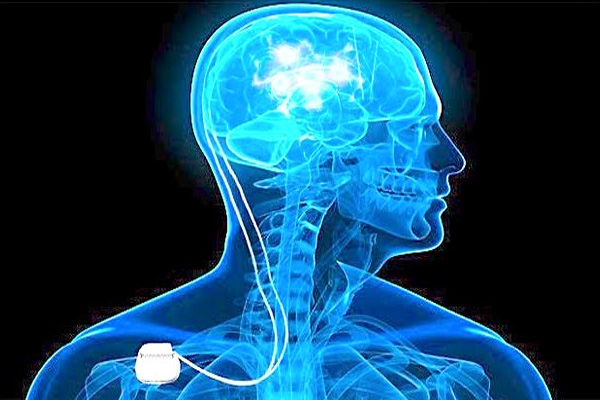Science May One Day… –
August 17, 2018 – That’s because once alcohol hooks you in, it becomes extremely difficult to break free. To make matters even worse, even existing therapies are rather ineffective and bear a high rate of noncompliance — thus, an innovative type of treatment could one day go a long way towards dealing with this issue. Writing in the journal Neurosurgical Focus, researchers at Stanford report that deep brain stimulation (DBS) — essentially, driving a mild electrical current through the brain — could treat even the most severe alcoholics.
Alcohol stimulates the release of dopamine, the ‘feel good’ neurotransmitter that is usually released during pleasurable or rewarding activities. When the brain’s reward center is overly stimulated with alcohol, a person learns to associate the psychoactive substance with positive experiences. In time, if a person drinks frequently and heavily, the brain becomes sensitized to the release of dopamine, so the enjoyment of alcohol fades. The immediate consequence is that a person needs to drink more and more in order to get the same ‘kick’.
The transition towards addiction happens when the brain becomes so used to alcohol that it compensates for the substance’s depressant effects by increasing the activity of glutamate — the most important transmitter for normal brain function. Glumate is one of the main excitatory neurochemicals in the brain, which means alcohol will make a person more excited in the presence of alcohol — and the brain can remain in this excited state even when alcohol is absent. Ironically, a person who is hooked on alcohol — typically a depressant — needs to drink more to be less excited and feel ‘normal’.



